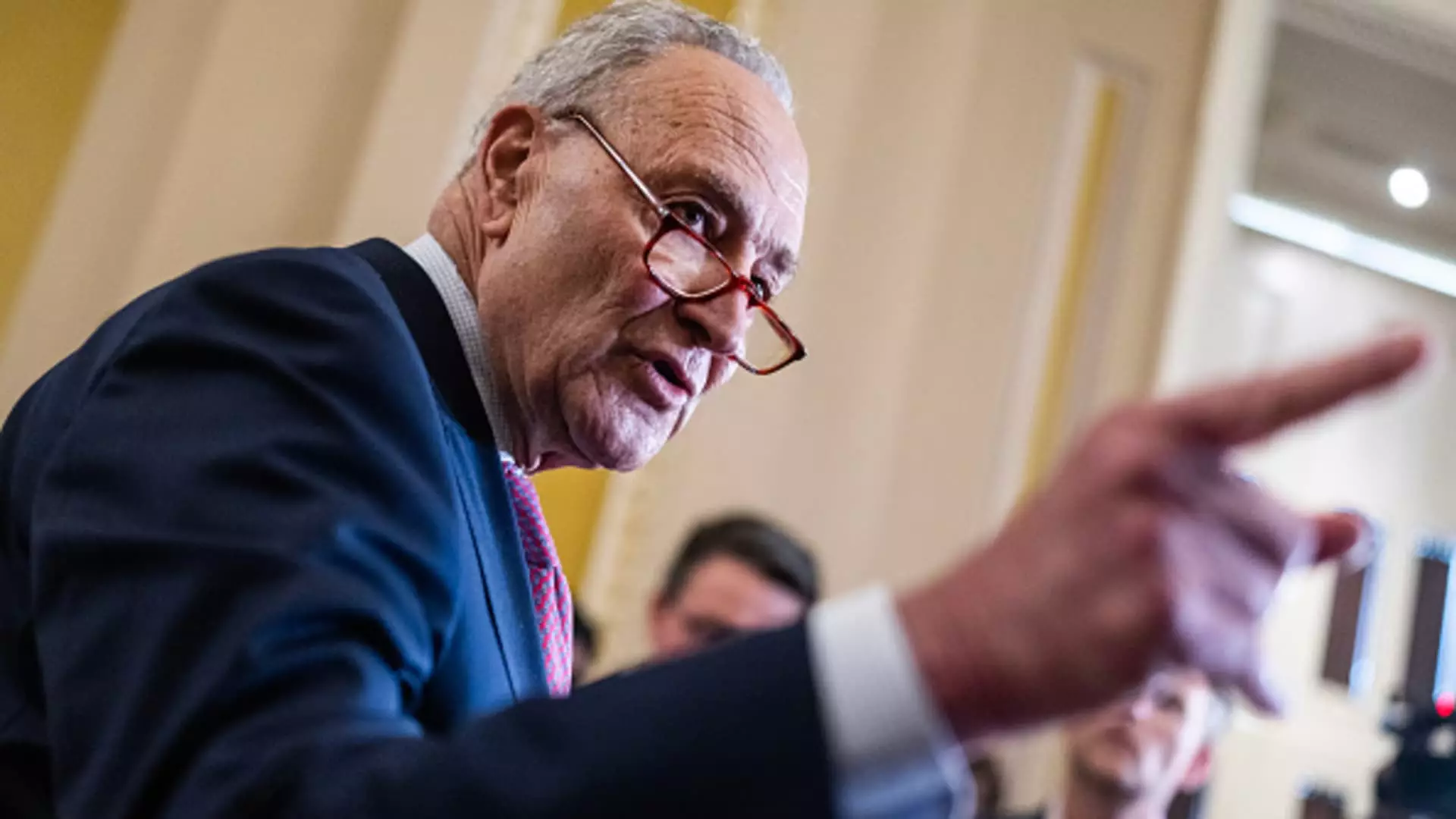The Senate is on the verge of a crucial vote on significant legislation designed to enhance online safety for children. This proposed legislation represents the most extensive regulation of the tech industry in over a decade. It is composed of two bills, both of which enjoy robust bipartisan support. One of the bills already boasts 69 co-sponsors, surpassing the 60-vote threshold required to advance in the Senate. Should the Senate approve the measure, it is highly likely that the bills will be passed early next week, before the Senate adjourns for the month of August.
Senator Edward Markey, a Democrat from Massachusetts, criticized the current safety measures implemented by social media companies as inadequate. He highlighted alarming statistics from the Centers for Disease Control, indicating that one in ten teenage girls and one in five LGBTQ youth have attempted suicide. Markey emphasized the inadequacy of existing safeguards, stating that they are clearly failing to fulfill their intended purpose. As a result, he has been a vocal advocate for the two bills aimed at enhancing online safety for children and teens.
The legislative package consists of two primary bills. The first bill, named the Children and Teens’ Online Privacy Protection Act, seeks to prohibit targeted advertisements directed at youngsters. Additionally, the bill would prohibit companies from gathering personal information from individuals under the age of 17. Moreover, it mandates the establishment of a new specialized division focused on youth marketing and privacy within the Federal Trade Commission (FTC). The second bill, known as the Kid’s Online Safety Act, requires social media platforms to exercise a “duty of care” to prevent their products from causing harm to children. This includes shielding children from exposure to content that promotes substances like drugs and alcohol or exacerbates mental health issues such as eating disorders, anxiety, depression, and suicidal thoughts. Furthermore, social media companies would be obligated to automatically activate the highest level of privacy settings for children.
Although the Kid’s Online Safety Act has garnered support from major tech companies such as Snap Inc., X, and Microsoft, it has faced opposition from NetChoice, a trade association representing tech giants like Meta, Google, and Yahoo! NetChoice argues that the bill’s restrictions are excessively stringent, making it impractical for companies to comply with them. Specifically, the organization’s Vice President and General Counsel, Carl Szabo, raised concerns about the potential requirement for websites to verify users’ ages, leading to extensive data collection. Szabo warned that this could conflict with existing privacy laws at the state level, ultimately causing significant challenges for companies.
While the bills are expected to pass the Senate, their prospects in the House are less certain. Some lawmakers in the House have expressed reservations about the breadth of the legislation and its potential implications. However, House Speaker Mike Johnson emphasized the importance of empowering Americans to control what their children encounter online. He expressed a willingness to review the specifics of the legislation while anticipating a significant level of support for measures aimed at enhancing online safety for children and teens. Johnson underscored the paramount need to protect children in the digital age, signaling a potential shift towards stronger regulations in the realm of online safety.



Leave a Reply